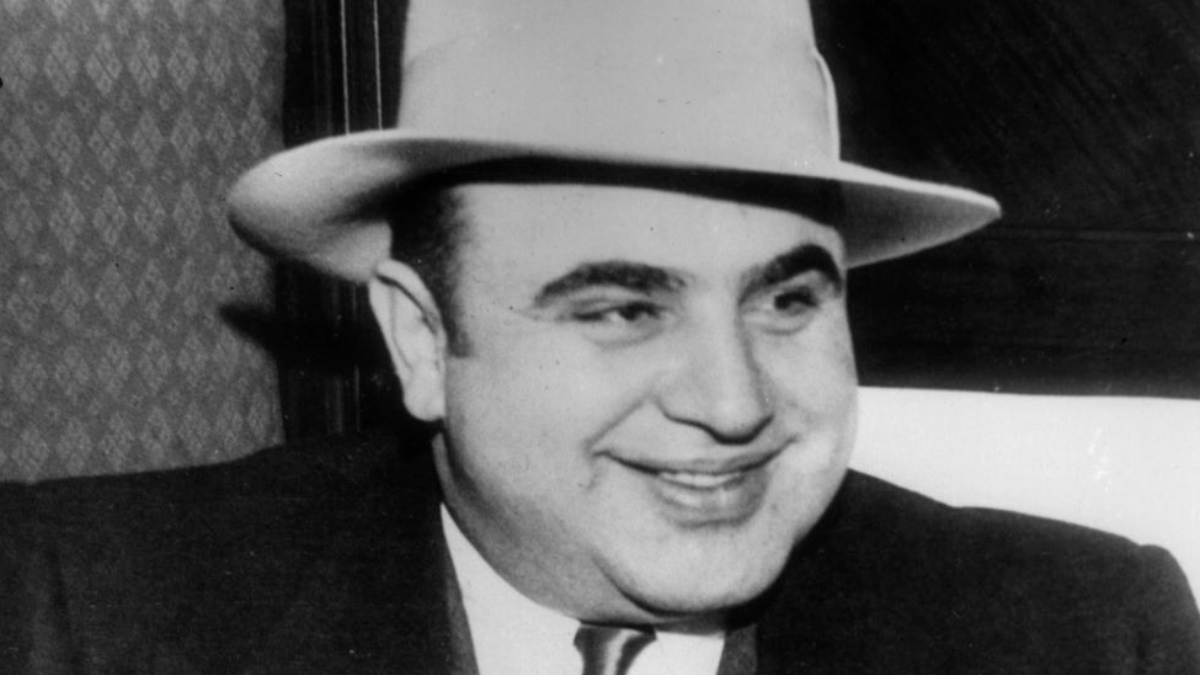In the booming industry of organized crime in America, there is one name that’s stood the test of time. Known for his dominance over Chicago, Al Capone is still remembered.
Born at the turn of the century in Brooklyn, New York, Capone quickly rose up the ranks of the criminal world under gang leader Johnny Torrio’s watch. During the days of Prohibition, he joined Torrio in Chicago, where the young man would eventually make his kingdom. He eventually took over for Torrio, and under his leadership, Chicago became a hotbed for bootlegging, narcotics, and gambling. Capone was notoriously vicious and influenced voting in the area through intimidation as well as extorting others for “protection” money.
But perhaps Capone became so famous because of law enforcement’s inability to convict him for his crimes. Ultimately, authorities successfully sent Capone to prison for tax evasion. The crime boss served seven years but, once released, began to deteriorate mentally and physically.
Al Capone’s death
Capone’s weakness came about from an unlikely place. Sometime in his youth, he contracted syphilis from his proximity to sex work. Though this wasn’t officially what killed him, it did add to his declining health. Penicillin was the treatment for such an ailment and wouldn’t be invented until World War II. Regardless, Capone did not seek treatment for the microbe, and it continued to fester.
Syphilis became a predominant problem when he was serving his sentence in prison. Capone was confined to Alcatraz, the famous prison on a San Francisco island. Named “The Rock” because it was inescapable, it also made any treatment an unlikely prospect. During his sentence, the disease burrowed into his brain, causing significant damage. This affected his mental capacity more than anything, and he was released from prison due to his instability. This event was the beginning of the end for the gangster who would live the rest of his days in Florida.
He died at the age of 48 in 1947. Officially, Capone’s cause of death was heart failure, following a stroke. Even though he started to get better, he soon contracted bronchopneumonia and died not much later. Many factors went into his demise, but the main source of his decline was venereal disease. Without that diagnosis, his brain would not have suffered as it did. Even though it took law enforcement years to convict him, you might say that it was his hubris that destroyed him.
